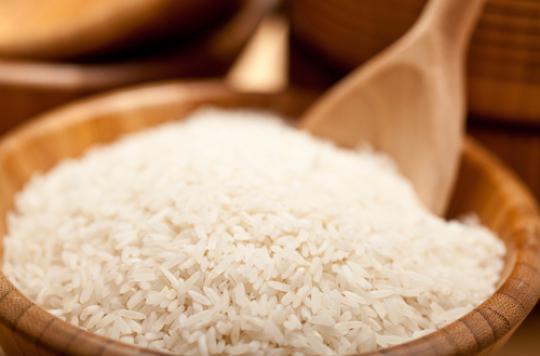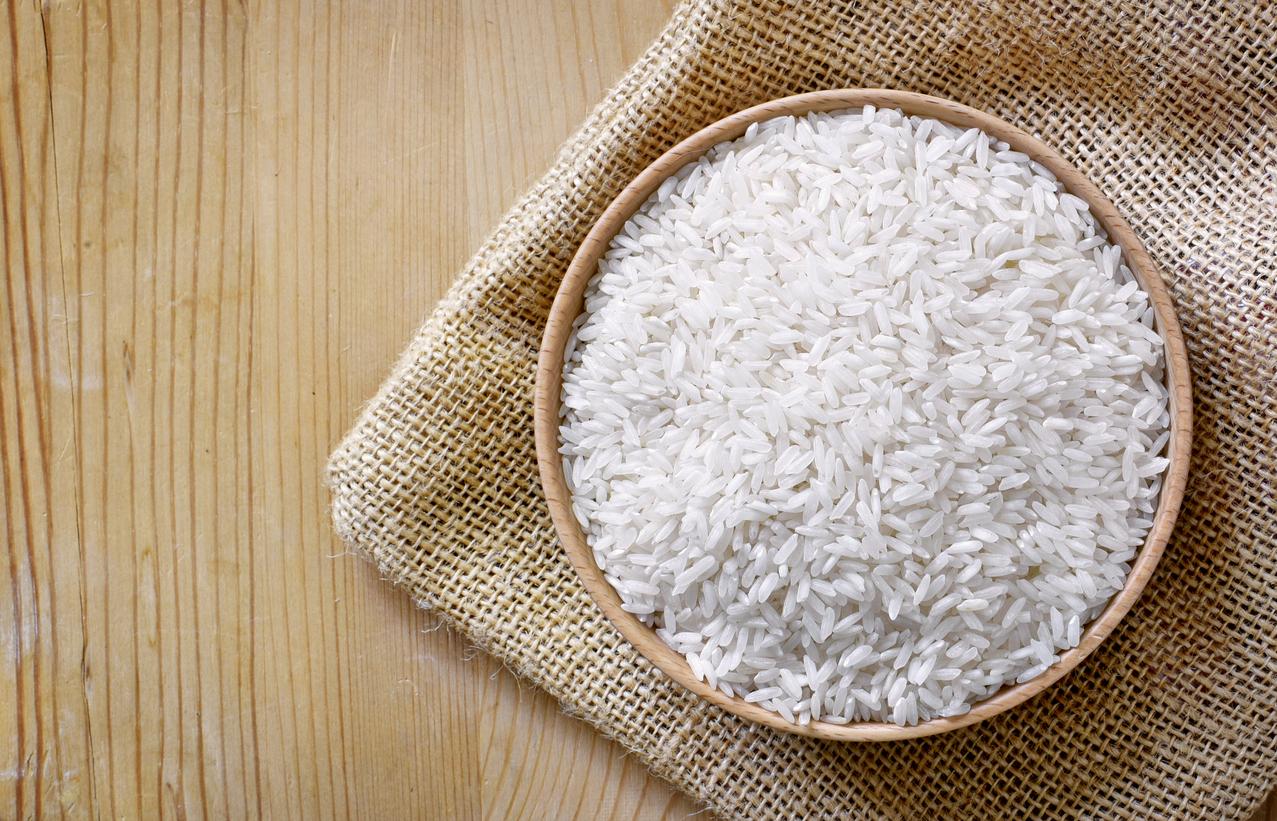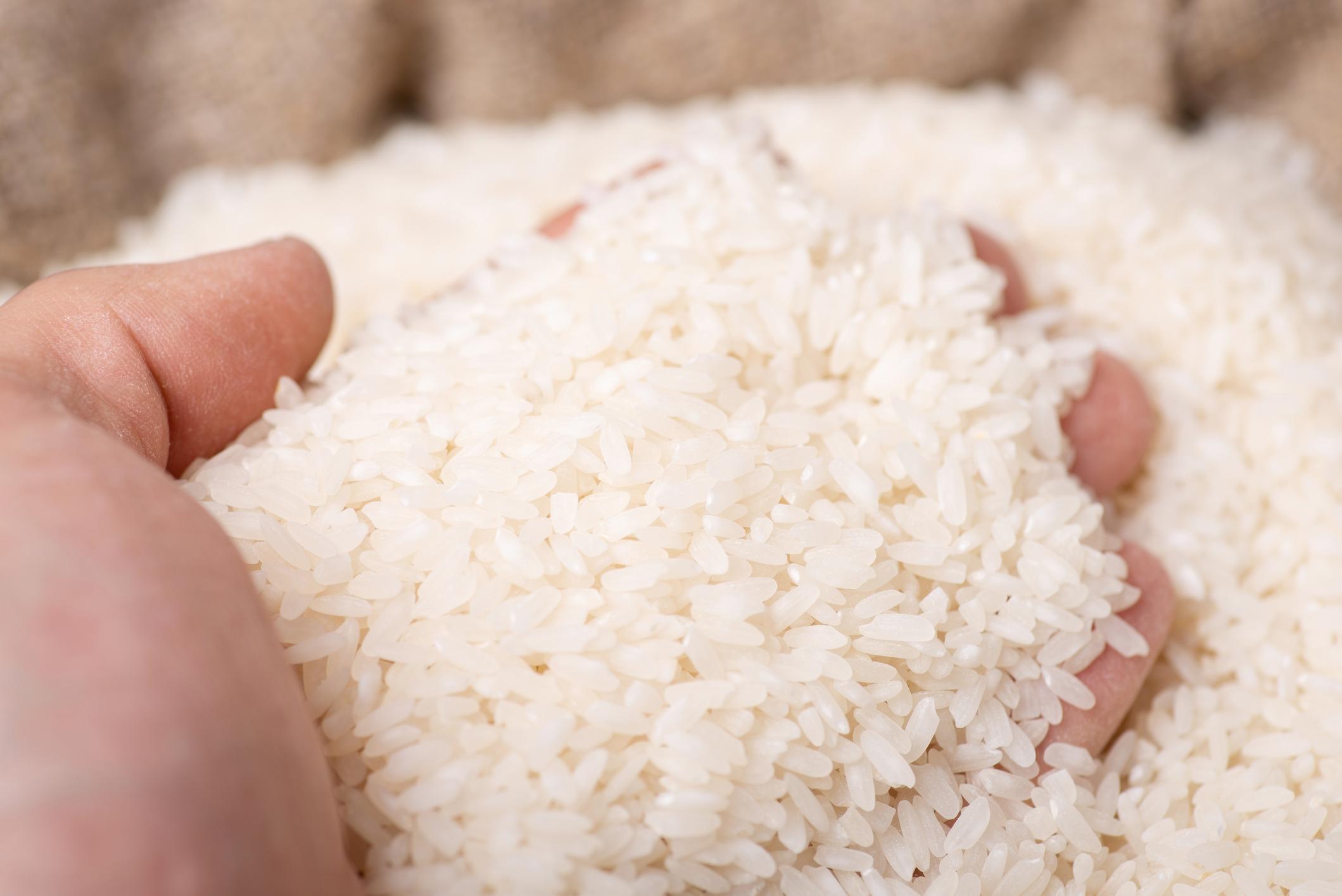Urinary arsenic and blood mercury concentrations are significantly higher in gluten-free enthusiasts.

Presented as a healthy diet, the gluten-free diet nevertheless carries risks. People who follow this restrictive diet are more exposed than others to arsenic and mercury, metal compounds that can lead to cardiovascular, neurological or cancer pathologies, according to one study published in Epidemiology.
Gluten-free has been very successful in recent years. In 2014, sales of rice noodles, buckwheat puffs or corn bread climbed 42%. Originally a niche business, it has become one of the flagship departments of supermarkets. Consumers choose them to feel less bloated or to increase their athletic performance, like Novak Djokovic or Jo-Wilfried Tsonga.
However, this fad diet primarily concerns people who are intolerant to gluten, a protein naturally found in wheat, rye or barley. About 1% of the European population is affected by this disease. For those people with celiac disease, gluten is a real poison.
In their intestines, it causes very strong reactions of the immune system. Result: the intestinal wall is destroyed, and nutrients are poorly absorbed. In children, this results in stunted growth or delayed puberty. In adults, osteoporosis, anemia and digestive signs will signal intolerance.
A diet rich in metals
The alternative to products containing gluten is often rice. However, this seed is known to be a bioaccumulator of toxic substances such as arsenic or mercury present in fertilizers, soil and water.
These metals are also found in higher amounts in gluten-free consumers than others, reports the study by Maria Argos, professor of epidemiology at the School of Public Health at the University of Illinois (States -United). Out of more than 7,400 participants, the researchers identified 73 gluten-free consumers aged 6 to 60 years. In the latter, the level of arsenic in the urine was twice as high and the level of mercury in the blood 70% higher than those of the other volunteers.
These results correspond to a study published in the JAMA Pediatrics last April. This showed that children consuming a lot of rice-based products had a concentration of arsenic in the urine twice as high as children with a more varied diet.
Vary the diet
For Maria Argos, these results indicate that the gluten-free diet could have “unexpected repercussions on health”. However, she recognizes that more work will be needed to accurately assess the risks of this diet. The doses of arsenic and mercury ingested must in particular be evaluated before being able to conclude that they are toxic.
In France, the National Food Safety Agency (ANSES) estimates that an adult consumes on average less than 0.3g of arsenic per day and per kilo, i.e. low doses very far from those considered dangerous. for health. However, to limit exposure, experts recommend diversifying the diet.
The American researcher also underlines that in Europe, there are strict regulations governing exposure to arsenic through food. “Maybe that’s something we should be thinking about in America. We monitor the arsenic levels in the water, but since rice is an additional source of exposure, it makes sense to monitor its presence in food, ”she explains.
.

















